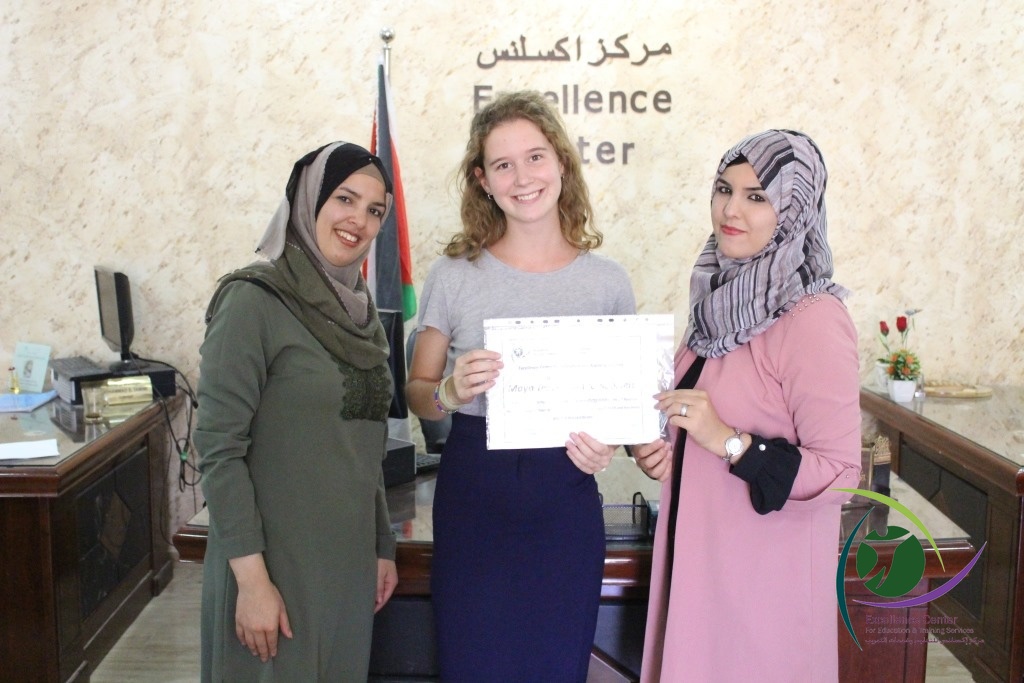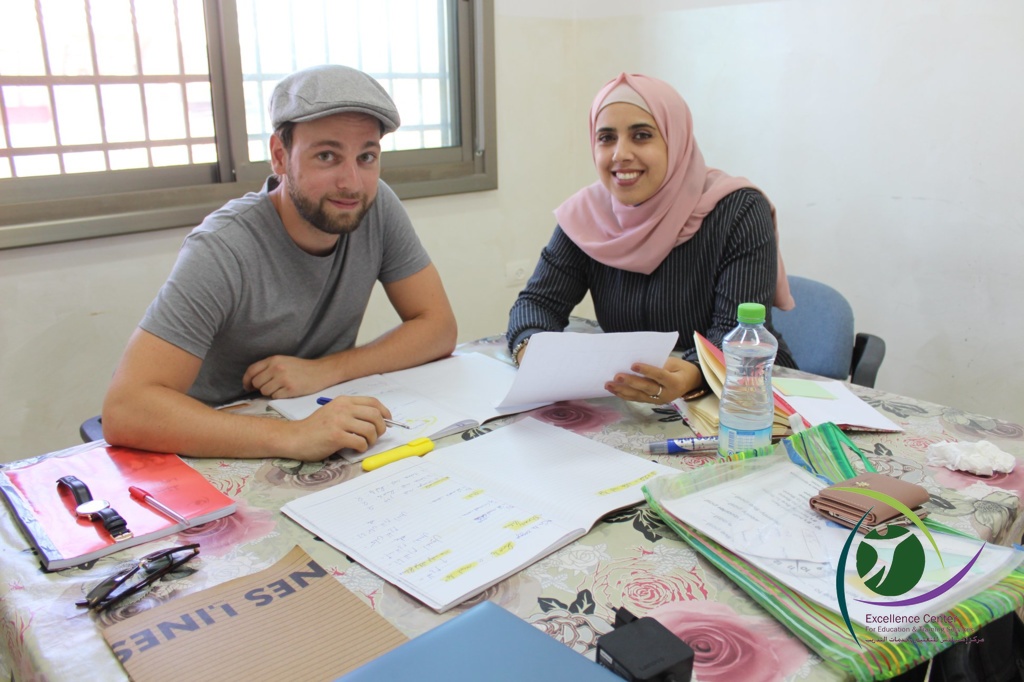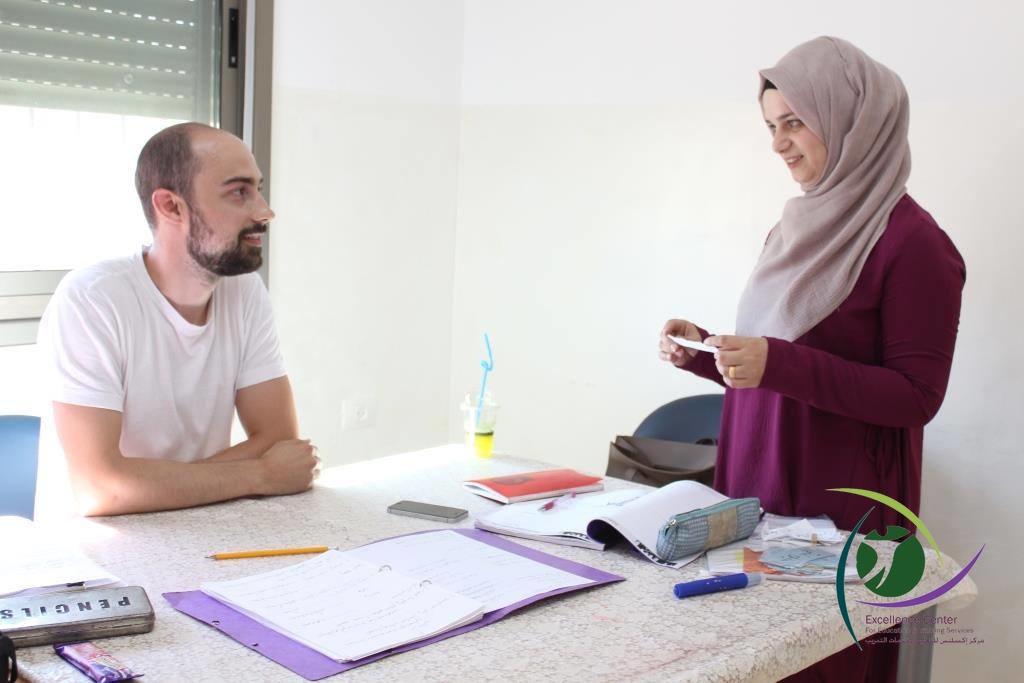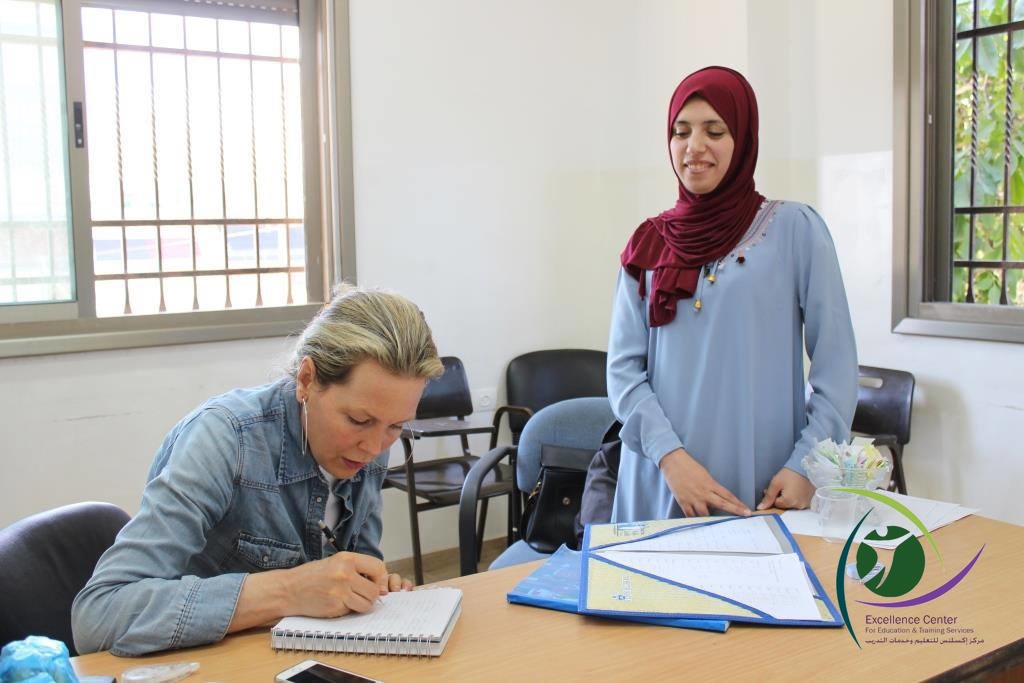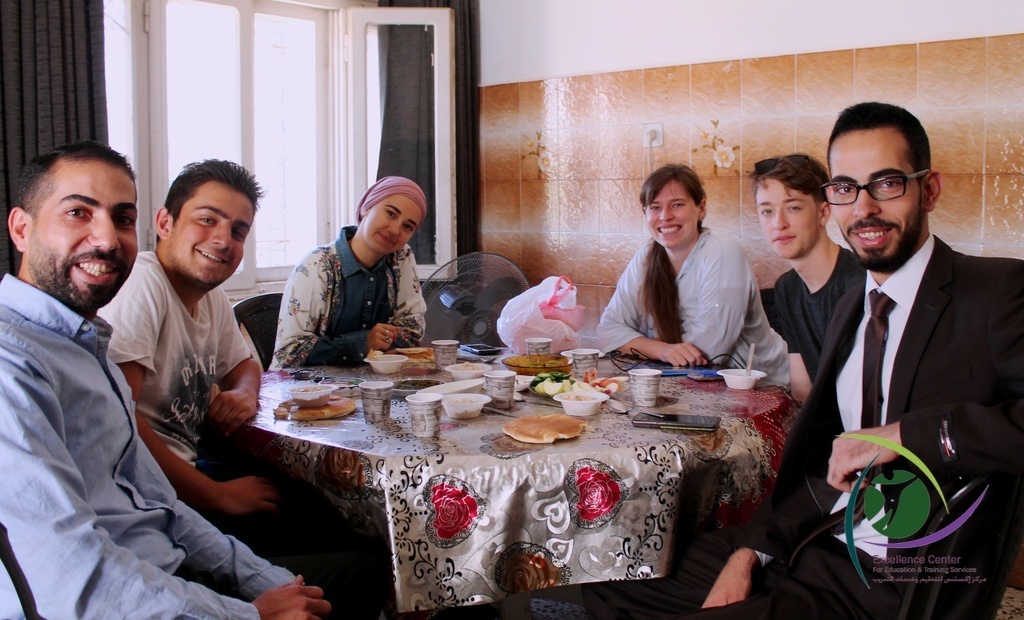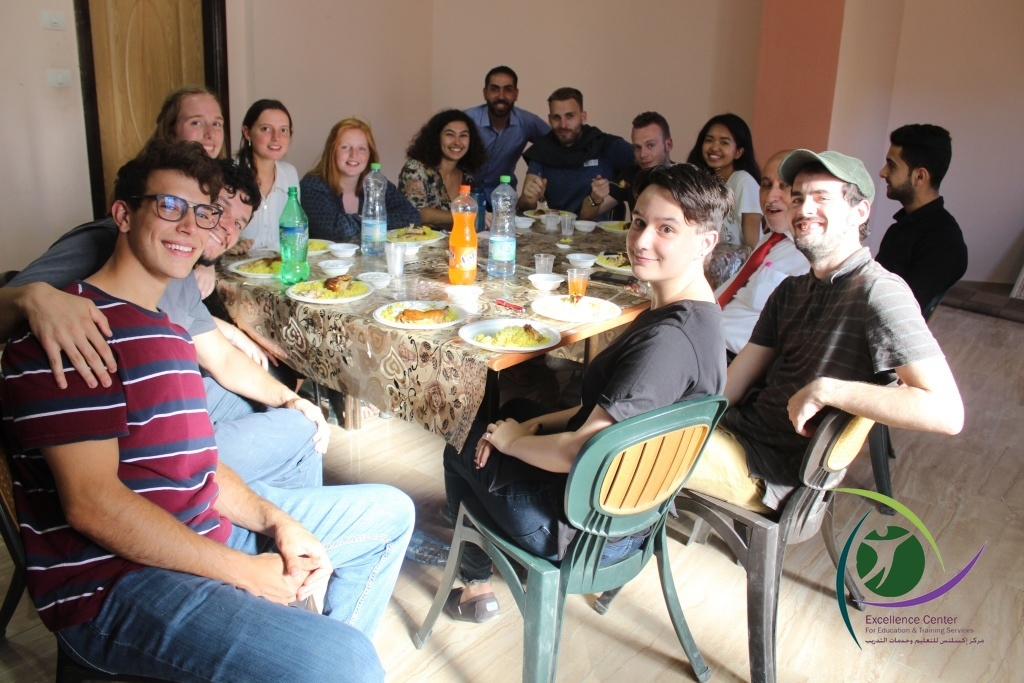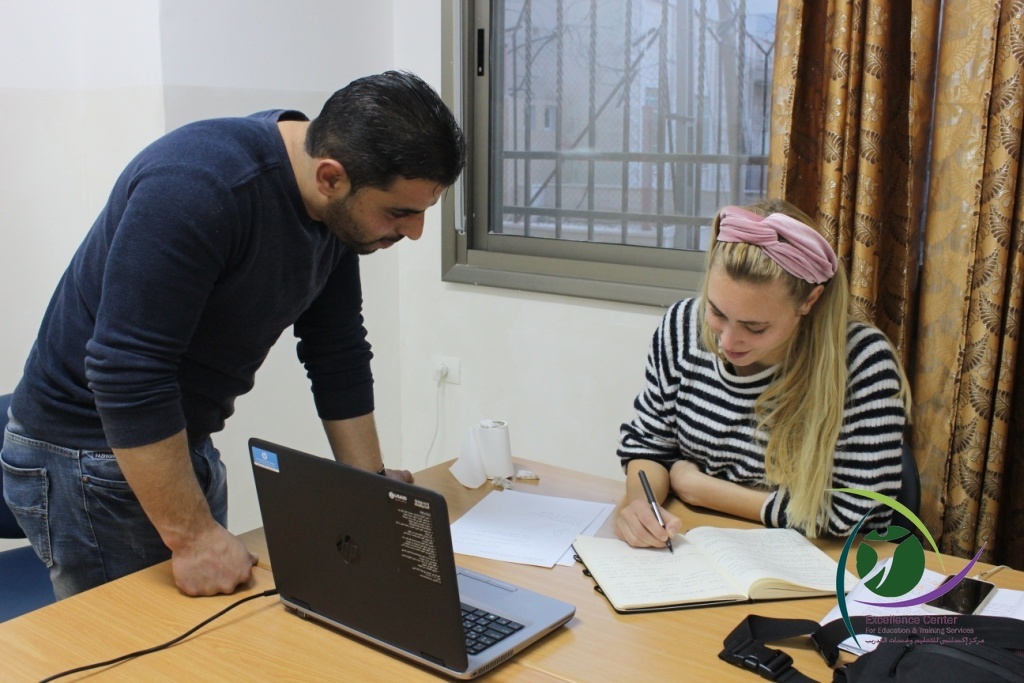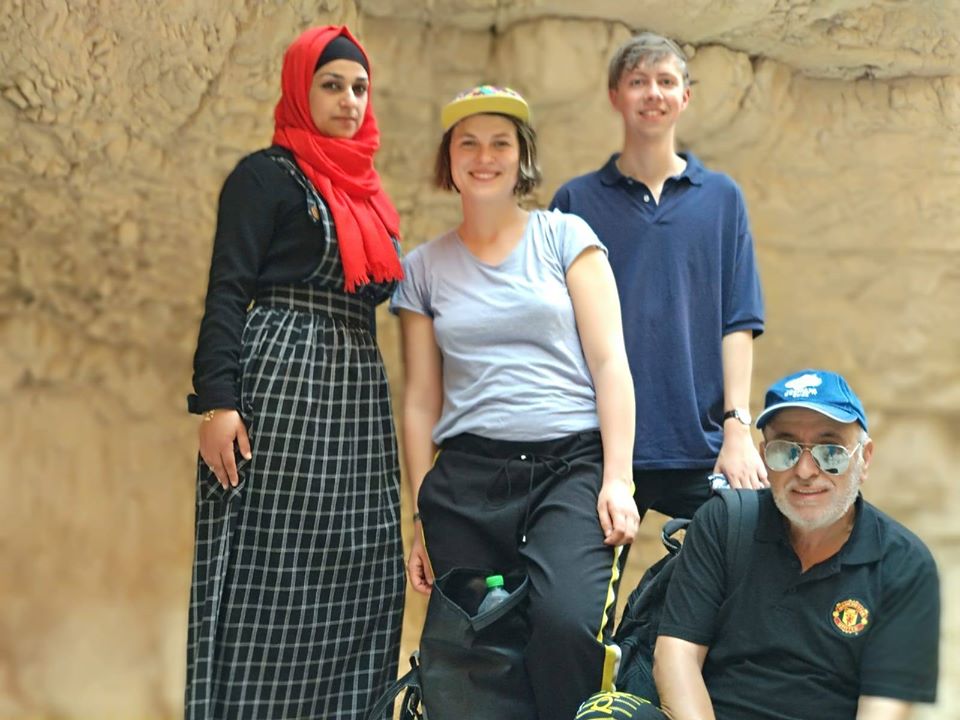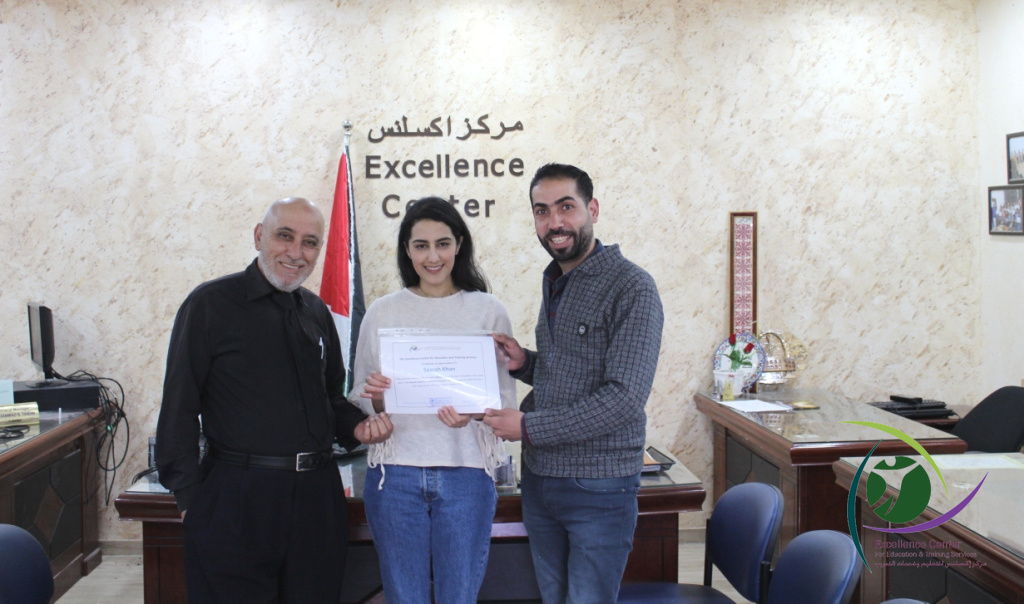Learn Levantine (Ammiya) dialect: Levantine dialect refers to the Arabic language spoken by people who live in Syria, Lebanon, Palestine and Jordan. It’s a dialect inextricably linked to the history and the culture of the region and it is also the most instantly recognisable.
Arabic users from Morocco to the Gulf States can usually understand a Levantine (Ammiya) Arabic speaker, even if the reverse is usually not true. Some also say it’s the easiest dialect to learn as it closely mirrors Modern Standard Arabic (known as fussha in Arabic).
The differences between Palestinian Arabic (Ammiya) and Modern Standard Arabic
Many institutions will teach Modern Standard Arabic claiming that the latter is more useful for business, reading newspapers, official documents and is more recognisable around the Arabic speaking world. However, if you want to learn the Arabic spoken by Arabic people, then you need to learn the dialect.
There will be some pronunciation differences and some grammatical structures are slightly different (usually harder in Modern Standard). There will also be some vocabulary differences, although the majority of the language will be transferable from Modern Standard Arabic and the Levantine Dialect; because the Levantine dialect is the closest to the Modern Standard, there are less differences than between Modern Standard and a North African dialect, for example.
So where can I learn (Ammiya) Arabic?
You can learn Levantine (Ammiya) Arabic in your home country through a language school, a university, a personal tutor or even online. However, to improve your language level rapidly, we recommend you learn language in the region for the full immersive language learning experience. For improving your pronunciation and your vocabulary in particular, nothing beats constantly speaking with native speakers – even when they are not your teachers, they will be more than willing to help you and ensure you are speaking the language correctly.
There are plenty of organisations with which you can study the local dialect in Palestine. There are intensive language courses with language schools, universities and NGOs. Then there are volunteer programmes which feature you providing some organisational service in return for language learning. You can also explore the option of a language exchange, where you visit Palestine to stay with a host family and teach them your native language in return for Arabic tuition.
Additional tips for learning Levantine (Ammiya) Dialect
There are plenty of other ways you can learn and practise the Levantine dialect outside of lessons. For example, there are plenty of good Arabic films and shows you can watch with subtitles to improve your language level rapidly.
You can also listen to Arabic songs to pick up the lyrics and read articles online about the things which you’re interested in to build your vocabulary and reading skills. Also texting and phone calling native speakers is a great way to continue
Learning (Ammiya) Arabic in Hebron (the West Bank, Palestine)
One option is take intensive or non intensive Levantine (Ammiya or Shami) Arabic lessons with the Excellence Center in Hebron in the West Bank. The Center offers lessons in the local dialect, and you have the option to learn Modern Standard Arabic alongside that as well. If you choose to take the intensive Arabic course, you will be assigned a personal Arabic tutor who will oversee you progress with up to five hours a day of Arabic tuition (depending on the flexibility of your schedule).
Practise with native Arabic speakers
You will have the opportunity to practise with native Arabic speakers constantly through out the day as well to reinforce all of your classroom learning. Some people worry about coming to Hebron due to the negative picture of the security situation portrayed in the media. In reality the city is much safer than you might think.
There are occasionally clashes and demonstrations, but these are highly localised to one area of the city. There is clear demarcation between H1 (the Arab only part of the city) and the H2 (mixed area where Palestinians and Israelis live alongside each other), so it is easy to avoid these flashpoints as long as you are sensible with your movements.
Explore the rest of the West Bank
The Excellence Center provides accommodation for all volunteers (whether it is host families for women or a shared dormitory for me). There is also plenty of free time you to explore the rest of the West Bank and fully embed yourself in the culture of this fascinating country.
This is the Holy Land after all and there are fantastic places of historical interest to visit here wherever you go. Whether it’s Bethlehem, Ramallah, East Jerusalem, Jericho or Nablus, there are interesting things to do and people to meet wherever you.
Reviews from former participants?
The Excellence Center’s in Palestine Arabic Immersion Programs and Levantine (Ammiya) Dialect in Hebron, West Bank, have more than:
- 332 reviews (93%) on gooverseas.com
- 50 reviews (96%) on goabroad.com
- Video testimonials from former students
When do the Levantine (Ammiya) Dialect courses take place?
You have several choices in the schedule of your coursework. One is the study of Arabic in our Intensive Immersion Program which takes place on the 1st day of each month.
The second program is offered year-round (Summer, Winter, Spring, and Fall) on an individual basis (Arabic Individual Courses in Palestine)
Additional information
Please click here (Frequently Asked Questions) to find more information regarding accommodation, visa, and the application process, etc.
Should you have any questions, please do not hesitate to contact Rafat@excellencenter.org. We hope you enjoyed reading the Learn Levantine (Ammiya) Dialect article.
Whatsapp:+972599479880
Instagram: https://www.instagram.com/excellence.center/
For more information, please visit our website: https://excellencenter.org/
Excellence Center’s Facebook page: https://www.facebook.com/ExcellenceCenter
Excellence Center’s Facebook account: https://www.facebook.com/RafatECHebron
